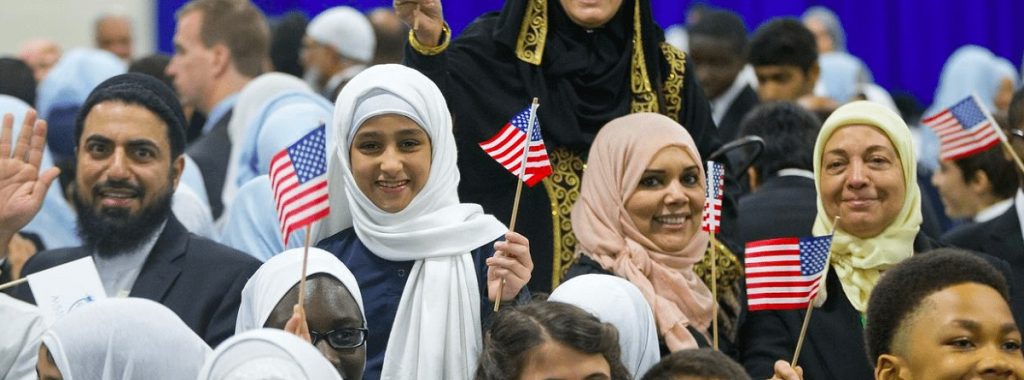For decades, Hollywood has been the global epicenter of entertainment, shaping how billions perceive different cultures. Historically, Muslims were often portrayed through one-dimensional stereotypes — villains, extremists, or exotic figures. However, in recent years, a powerful transformation has been underway: Muslim actors, writers, and directors are stepping into the spotlight, reclaiming their stories, and reshaping the industry.
From Stereotypes to Representation
Hollywood’s earlier portrayals of Muslims were frequently criticized for reinforcing Islamophobia and cultural bias. These depictions often ignored the diversity of Muslim identities across the world. But new generations of storytellers are dismantling those outdated tropes. Actors like Riz Ahmed, Mahershala Ali, and Yasmine Al Massri have brought nuanced performances that highlight the humanity, struggles, and triumphs of Muslim characters.
The Rise of Muslim Storytellers
It’s not only in front of the camera where change is happening. Behind the scenes, Muslim filmmakers and screenwriters are creating authentic narratives. Projects such as Ramy (Hulu) and Mo (Netflix) bring Muslim-American experiences to mainstream audiences with humor, honesty, and depth. These shows humanize Muslim lives, offering stories about family, faith, love, and identity that resonate universally.
Diversity Within the Muslim Community
Hollywood’s Muslim representation is expanding beyond Arab and Middle Eastern characters. Muslim voices from South Asia, Africa, and the diaspora are gaining attention. This diversity reflects the reality of a global Muslim community of nearly two billion people. By showcasing different cultures and traditions, Hollywood can better reflect the rich mosaic of Muslim experiences.
The Challenges Ahead
Despite progress, barriers remain. Muslim representation in Hollywood is still limited compared to other minority groups. Industry gatekeeping, unconscious bias, and geopolitical narratives often shape which stories get told. Advocacy groups such as the Muslim Public Affairs Council’s Hollywood Bureau are working to ensure Muslim creatives have a stronger voice in decision-making rooms.
Looking Forward
The increasing presence of Muslims in Hollywood is more than just about representation — it’s about changing perceptions worldwide. When audiences see Muslims as complex, relatable, and diverse individuals, it helps dismantle harmful stereotypes and fosters cultural understanding.
The momentum is building, and the next decade may witness a golden era where Muslim filmmakers and performers are recognized not just for their faith or heritage, but for their artistry and talent in shaping global cinema.

